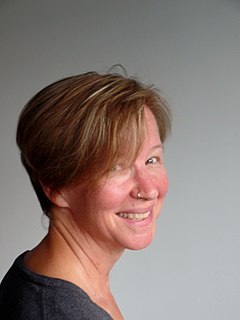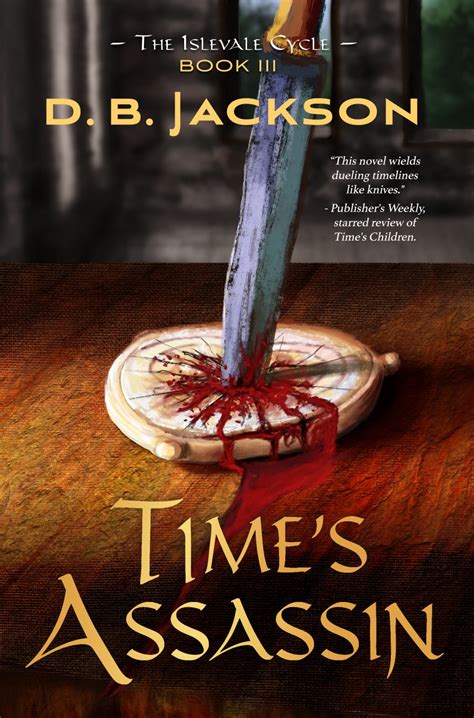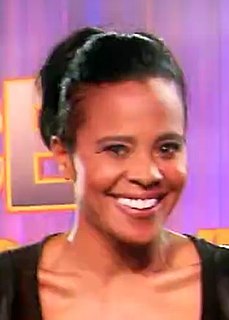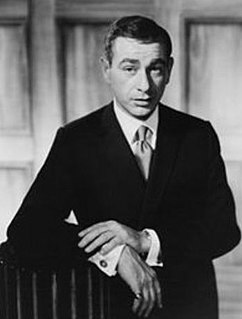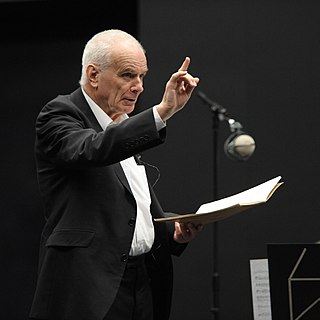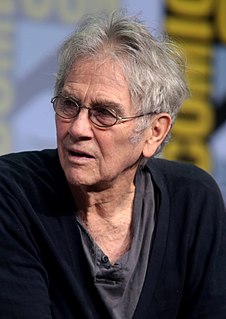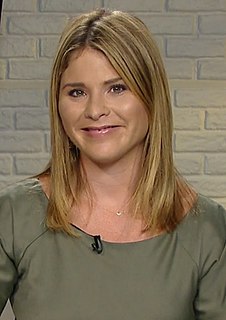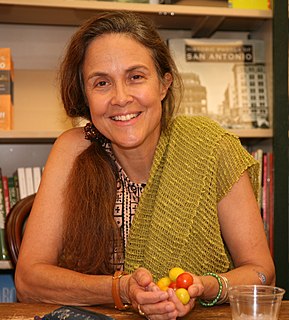Top 1200 Teaching Writing Quotes & Sayings
Explore popular Teaching Writing quotes.
Last updated on April 14, 2025.
I always say that I'm an artist who works with pictures and words, so I think that the different aspects of my activity, whether it's writing criticism, or doing visual work that incorporates writing, or teaching, or curating, is all of a single cloth, and I don't make any separation in terms of those practices.
As with many teens, my first jobs included babysitting and mopping floors at McDonald's. Since then, I've held jobs a diverse as selling used cars, selling apparel, cosmetics, and real-estate, substitute-teaching six graders, teaching undergraduate creative writing, and working as an editorial assistant for a literary magazine.
Be light-hearted, light-footed. Be of light step. Don't carry religion like a burden. And don't expect religion to be a teaching; it is not. It is certainly a discipline, but not a teaching at all. Teaching has to be imposed upon you from the outside and teaching can only reach to your mind, never to your heart, and never, never to the very center of your being. Teaching remains intellectual. It is an answer to human curiosity, and curiosity is not a true search.
My normal writing day involves three hours of actual writing, before noon, and the rest is just feeding the writing. There is teaching (so I can afford to write), travel to be planned and executed. There are dozens of emails daily, gardening, lots of dishes (where do all these dishes come from?), daily family emergencies, and, of course, the petting of the donkeys. The smell of donkeys is heavenly, and their he-honking is the sweetest music. I feel calm just thinking about them.
My teaching is not a philosophy. It is the result of direct experience...
My teaching is a means of practice, not something to hold onto or worship.
My teaching is like a raft used to cross the river.
Only a fool would carry the raft around after he had already reached the other shore of liberation.
At first, teaching was more or less a straightforward way of making a living and having access to institutional resources while writing - aka libraries. And that was not inconsiderable. But it didn't in any way touch the writing. Maybe it would push the writing aside sometimes, but mostly it was fine.
The initial motive for developing APL was to provide a tool for writing and teaching. Although APL has been exploited mostly in commercial programming, I continue to believe that its most important use remains to be exploited: as a simple, precise, executable notation for the teaching of a wide range of subjects.
I came out with a book called The True Secret of Writing: Connecting Life with Language. It's a book that describes how writing is a practice and how my teaching is part of that practice. I direct the writing and create books but underneath, there's always the river of practice happening. No good, no bad. Just do it.
They [academy writing programs] have no concept that the world has changed, that publishing has changed, that filmmaking has changed, and if you're not constantly looking at your education model and adjusting for the change, you'll find yourself teaching antiquity. Like all of these programs that won't accept students who are writing genre fiction - what an institutional ego!






